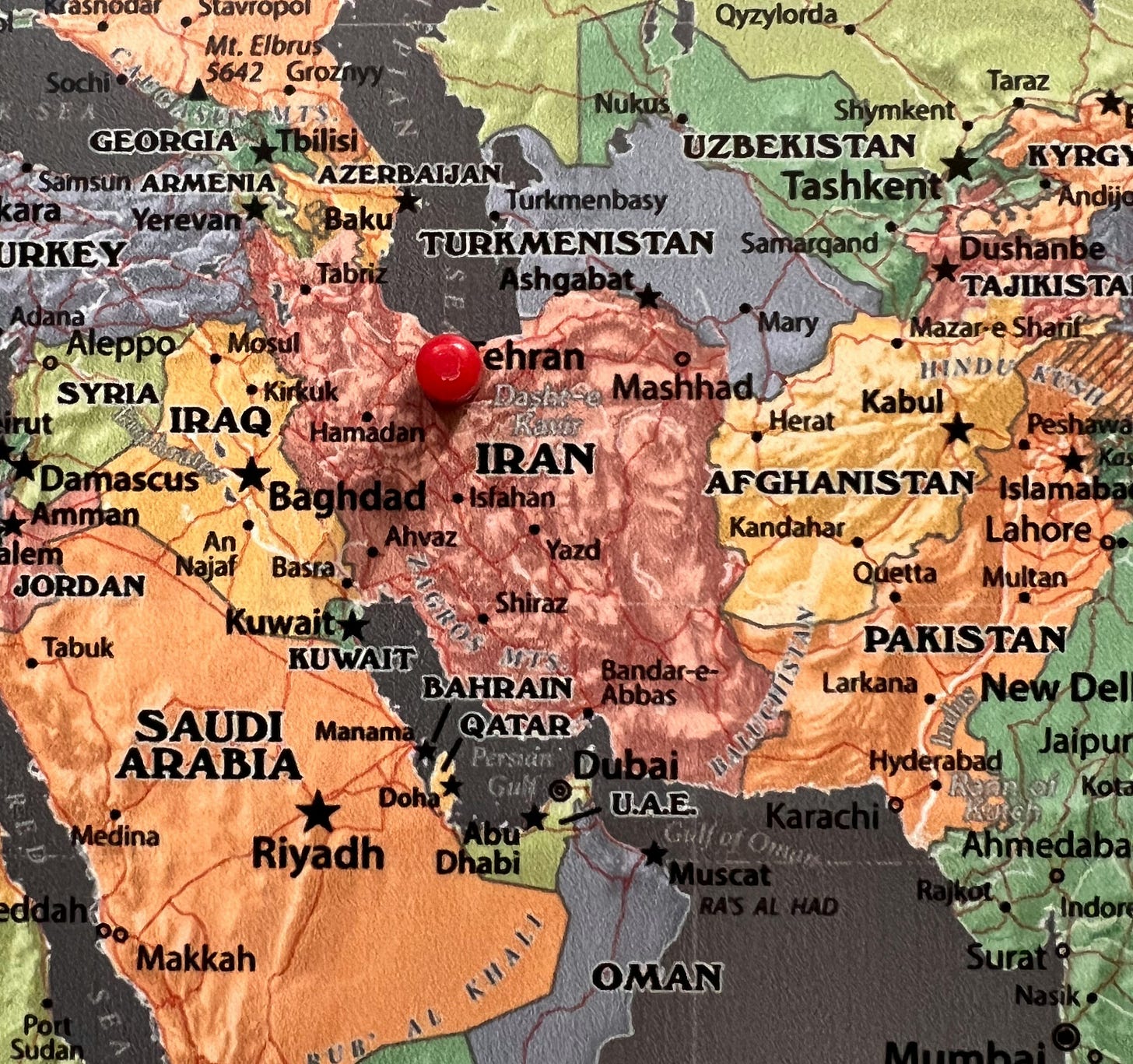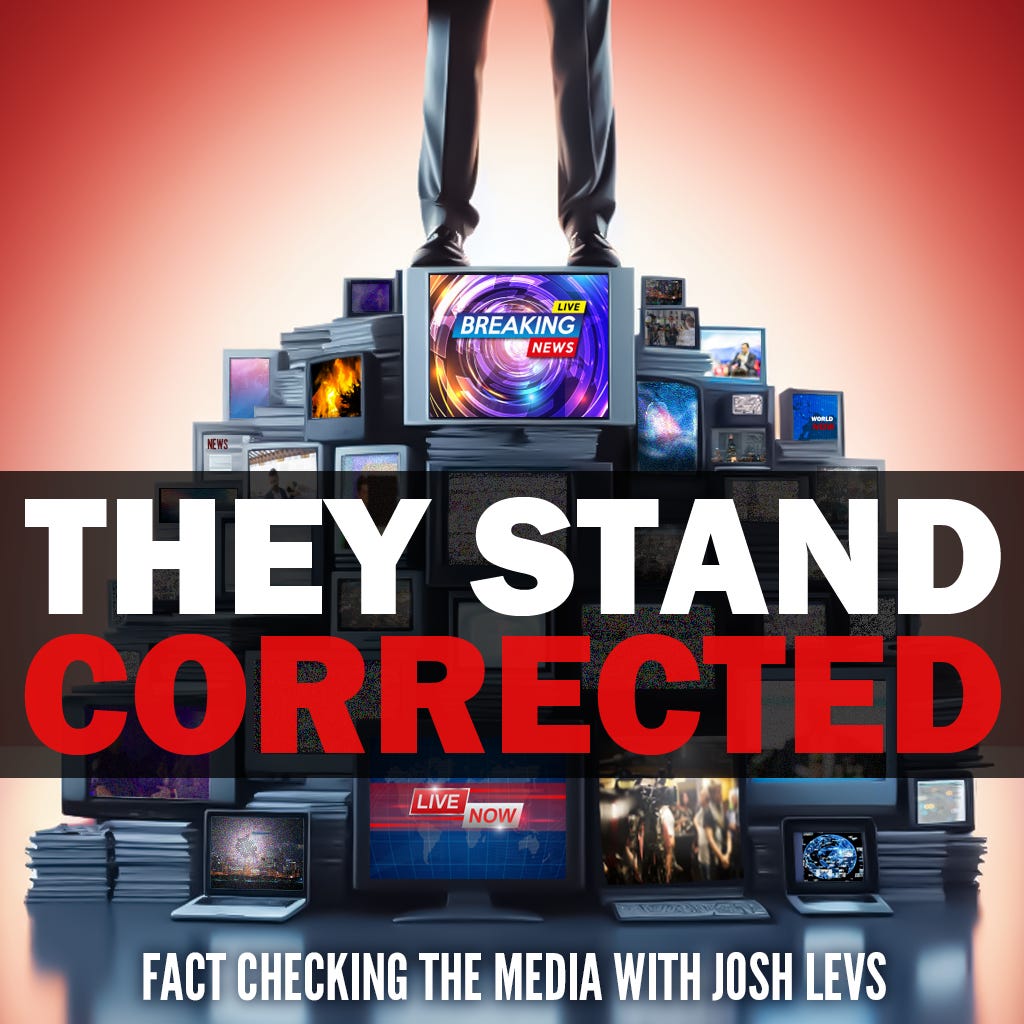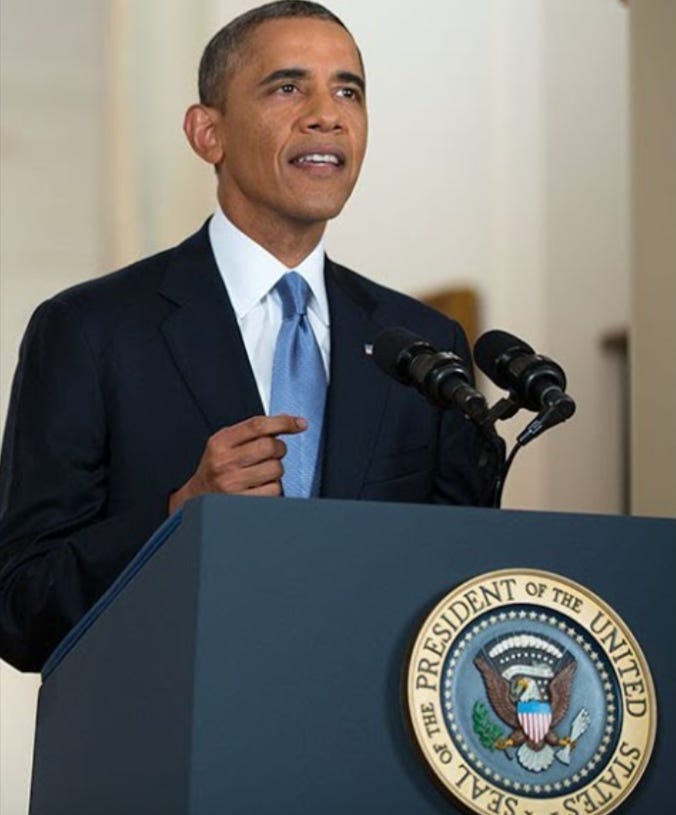When news broke of the U.S. attack on Iran’s nuclear sites, even some people who have long been very worried about Iran’s nuclear threat told me they felt conflicted. The biggest reason: They don’t trust this president.
Neither does the majority of the country, according to a recent survey. Understanding this is essential for understanding the political moment our nation is in.
For my podcast and newsletter, They Stand Corrected, which fact checks the news, I’ve been piecing through the legacy media’s frantic, clamorous coverage in recent days. I’ve found that numerous crucial points are being buried or ignored altogether.
I discuss several of them in my new episode, but there are two I’ll focus on here because they’re deeply interconnected: the lack of clarity over balance of powers in deciding military action, and President Donald Trump’s trust deficit.
It’s helpful to begin with basic context. Recent reports have raised serious concerns about Iran’s nuclear activities. Under a 2015 deal, Iran was supposed to limit its level of uranium enrichment to 3.67%. But the International Atomic Energy Agency has never kept Iran in check. U.N. inspectors have “concluded that Iran’s stockpile of uranium enriched to 60 percent purity—near the 90 percent needed to produce weapons—was now around 900 pounds, up from 605 pounds in February,” the New York Times reported recently. There is no civilian purpose for 60% enrichment.
“While Iran could quickly boost that fuel to bomb-grade, it would take months, and maybe up to a year, to produce a workable weapon,” the Times added. “U.S. intelligence officials concluded earlier this year that a secret team of Iranian scientists was working on a faster, cruder approach to building weapons, if need be.”
Meanwhile, the U.S. Defense Intelligence Agency and Austrian intelligence have also raised alarms, as has Mossad in Israel, a nation that has weathered attacks from Iran proxies Hamas, Hezbollah, and the Houthis for years. (I was in Tel Aviv during Israel’s attack on Iranian nuclear sites and spent the following days in bomb shelters.) Iran-backed groups also killed U.S. troops last year.
Intelligence reports conflict and can, of course, be wrong. We all remember the Iraq War. But in this case, no one’s talking about entering Iran with ground troops to oust the regime. The calculation any White House has to make is at what point Iran is too close to a nuclear weapon, in violation of its agreements. Former Presidents Bill Clinton, George W. Bush, Barack Obama, and Joe Biden all warned that a nuclear Iran would endanger the United States. All left the military option on the table.
That brings us to Trump. Though we don’t and can’t know all the details behind this kind of decision, there are two things that all Americans have the right to expect.
First, clarity on when a president needs congressional authorization for military action. Some Democratic lawmakers insist that Trump violated the constitution, but the reality is unclear. Look at what Obama said in 2013 as he threatened strikes on Syria:
“As Commander-in-Chief, I always preserve the right and the responsibility to act on behalf of America’s national security. I do not believe that I was required to take this to Congress. But I did not take this to Congress just because it’s an empty exercise; I think it’s important to have Congress’s support on it.”
Because the issue involves the balance of power between the executive and legislative branches, it might ultimately be a question for the Supreme Court.
And, second, Americans should have a president we trust -- especially with a decision about military action. Last month, a Marquette Law School poll found that only 17% of Americans completely trust Trump; 28% mostly trust him; 15% mostly do not trust him, and, by far the largest group, 40%, “completely do not trust him.”
Though it’s not an exact comparison, it’s worth noting that, according to Pew Research Center, in their first years of office, Obama and Biden had the trust of a majority of Americans, particularly on foreign policy. (Of course, the media has even lower trust scores, which is no surprise given how much it gets wrong.)
When the president can make military decisions alone, trust is everything. And trust has to be earned. Without it, Americans rightfully feel more conflicted, afraid, and confused. The best leaders understand and respect this. Trump doesn’t.
Josh Levs is host of They Stand Corrected, the podcast and newsletter fact-checking the media. Find him at joshlevs.com.








Thanks for running this latest piece from me, The Contrarian. As I explain in the new episode and at https://theystandcorrected.substack.com/, if there's anytime the media should be especially careful about providing fact checked information and context, it's a time like this, when emotions and fears are so high. But so much of the legacy media rushes into talking heads and frantic claims, leaving people unaware of crucial points.
I'm certainly learning that I don't know what I don't know. Thank you for the depth of the clarifications rather than just saying a statement is true/false. And for stating where there still isn't clarity on some things, you'll get back to it. The mainstream news is so dang noisy and exhausting.